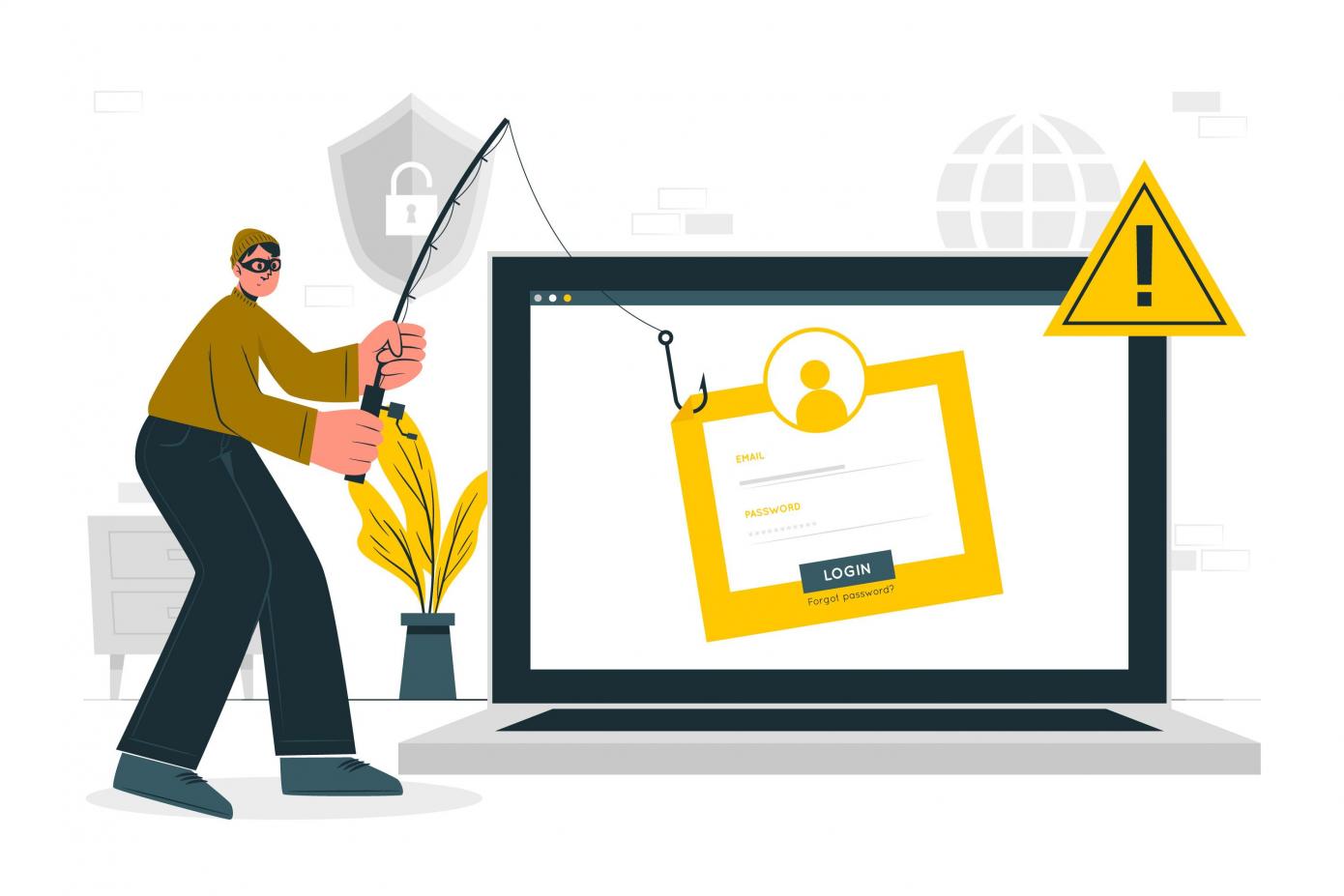We have recently noticed an increase in phishing emails, particularly deceptive messages posing as Webmail notifications, asking you to log in to clarify the situation. These messages are fraudulent and attempt to capture your login information to take control of your account and learn your personal passwords.
Through this article, we aim to equip you with the necessary knowledge to identify these fraudulent attempts and protect your personal information.

1.Check the sender:
Legitimate emails from our service will always come from an email address clearly associated with our official domain. Be wary of email addresses that try to simulate this authenticity, often by adding or modifying a few letters.
Usually, an email is composed of the message content and a header. The email header, often invisible, nevertheless contains a lot of information that is very important and essential to know. You can learn how to display email headers in your mail software via our article.
To better understand the utility and specifics of email headers, we invite you to consult our other article: How to Read and Understand Email Message Headers.
2.Analyze the content:
A legitimate email will never ask you to provide your passwords or other sensitive information directly via email. Be vigilant of messages that:
- Use an alarmist or urgent tone to prompt you to act quickly.
- Contain grammatical or spelling errors.
- Include suspicious links or attachments that you were not expecting.
3.Check links without clicking:
Hover over links with your mouse to see the destination URL before clicking. Ensure that the URL matches a site that you recognize and trust.
4.What to do if you’re in doubt?
Click on nothing. If you receive an email that you suspect to be phishing, or if you have questions regarding the legitimacy of a message, do not hesitate to contact us directly. We are here to help and secure your information.
Important reminder: Our systems never send emails soliciting your passwords or sensitive security information. If you receive such a message, it is imperative not to respond and to contact us immediately.
Your security is our priority. By staying vigilant and following these tips, you can significantly contribute to the protection of your personal data. For any concerns or questions, our support team remains at your disposal.

